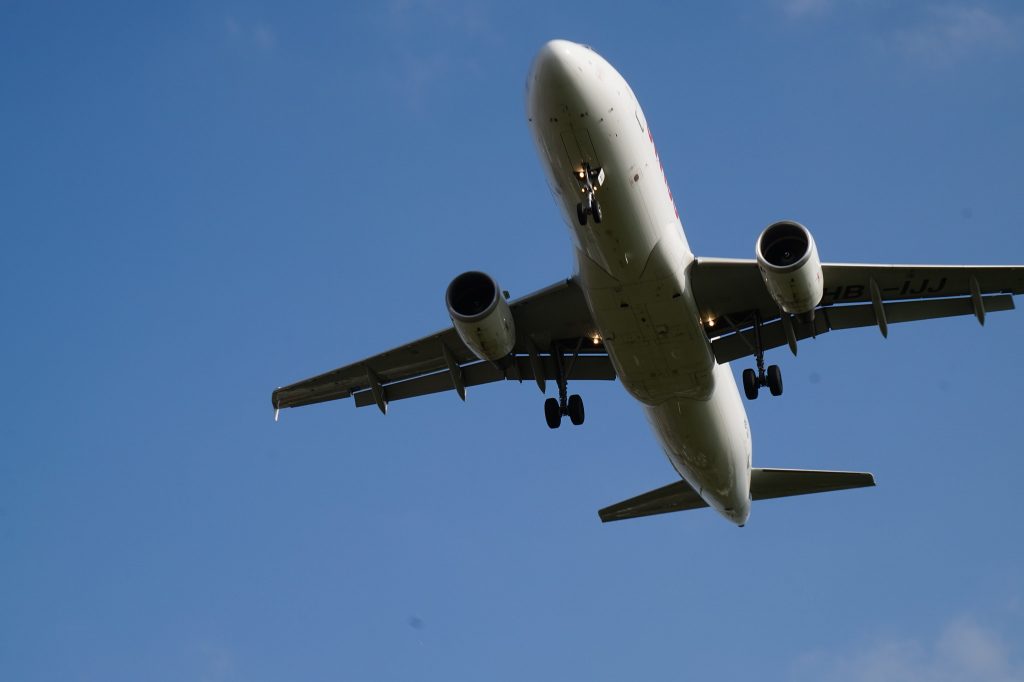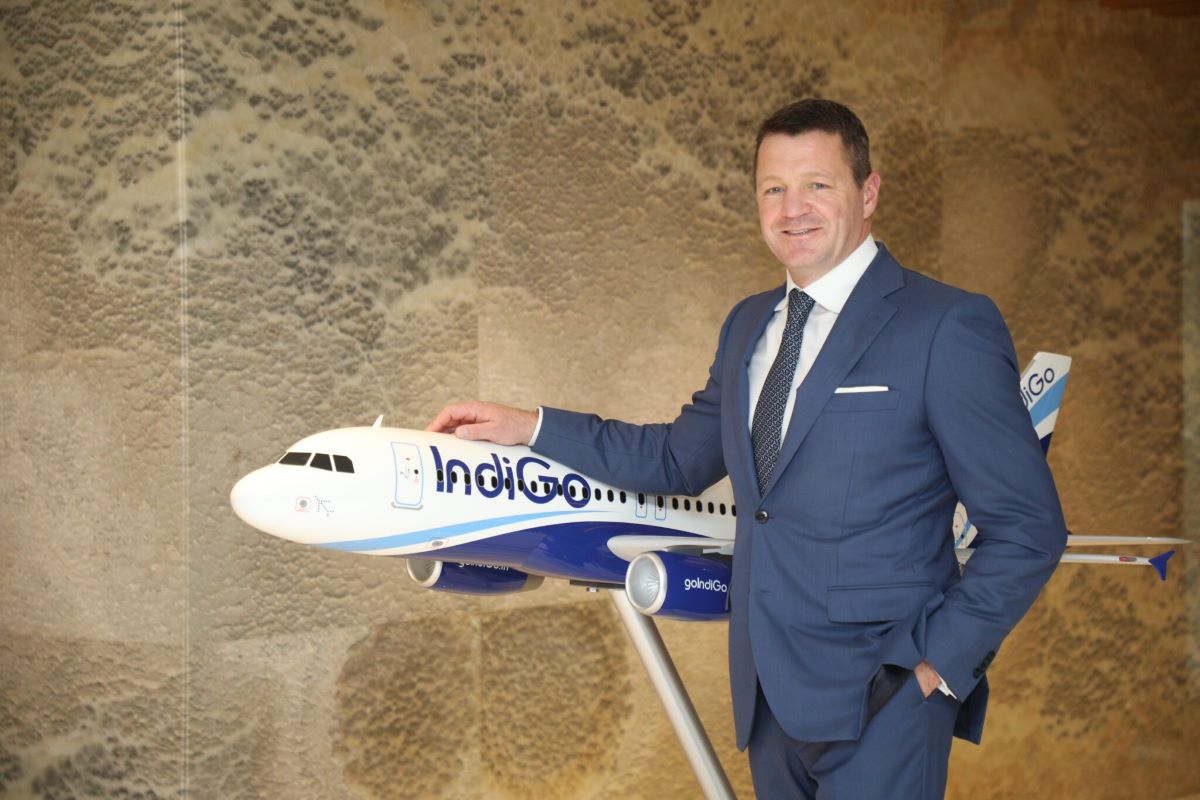Asia’s Uneven and Delayed Tourism Recovery
Skift Take

Skift Daily Briefing Podcast
Listen to the day’s top travel stories in under four minutes every weekday.Good morning from Skift. It’s Friday, September 16. Here’s what you need to know about the business of travel today.
Listen Now
🎧 Subscribe
Apple Podcasts | Spotify | Youtube | RSS
Episode Notes
Asia remains an outlier lagging in the global travel industry’s steady recovery, according to Skift Research’s newly released Travel Health Index.
Senior Research Analyst Wouter Geerts attributes Asia’s fluctuation in travel performances to countries on the continent easing restrictions later than those in other regions. China’s August travel performance was roughly 64 percent of pre-Covid metrics, a figure that dropped from the previous month after Beijing imposed new lockdown measures. Meanwhile, Singapore has already seen a boost in travel performance after its government lifted the requirement for non-vaccinated travelers to quarantine upon arrival.
We head to Maine next. The state has seen an enormous tourism boom this year while its businesses are continuing to grapple with labor shortages, offering an anecdote for the challenges that other destinations are facing with the rebound, reports Contributor Allison Armijo.
Maine recorded a 25 percent increase in tourism spending in the first five months of 2022, compared to pre-pandemic figures. But Tony Cameron, the CEO of the Maine Tourism Association, acknowledged that solving staffing issues is the biggest challenge the state’s tourism industry faces. Cameron said the organization has set up a workforce development program, which includes sending representatives to schools to promote career opportunities in the travel industry.
Finally, Air Canada and United Airlines are the among first carriers to order a new hybrid-electric airplane from Sweden-based planemaker Heart Aerospace — a sort of Toyota Prius for the skies, reports Edward Russell, editor of Airline Weekly, a Skift brand.
Air Canada has committed to ordering up to 30 ES-30 jets, which are named after the aircraft’s 30-passenger capacity, while United signed up for 100 such jets. The jet will replace Heart’s all-electric ES-19 airplane, aircraft United first committed to last year. Heart aims to deliver its first ES-30 in 2028.
Russell writes those orders come as the airline industry has committed to net-zero carbon emissions by 2050, with electric and hybrid-electric aircraft being seen as part of the solution to cut emissions.





